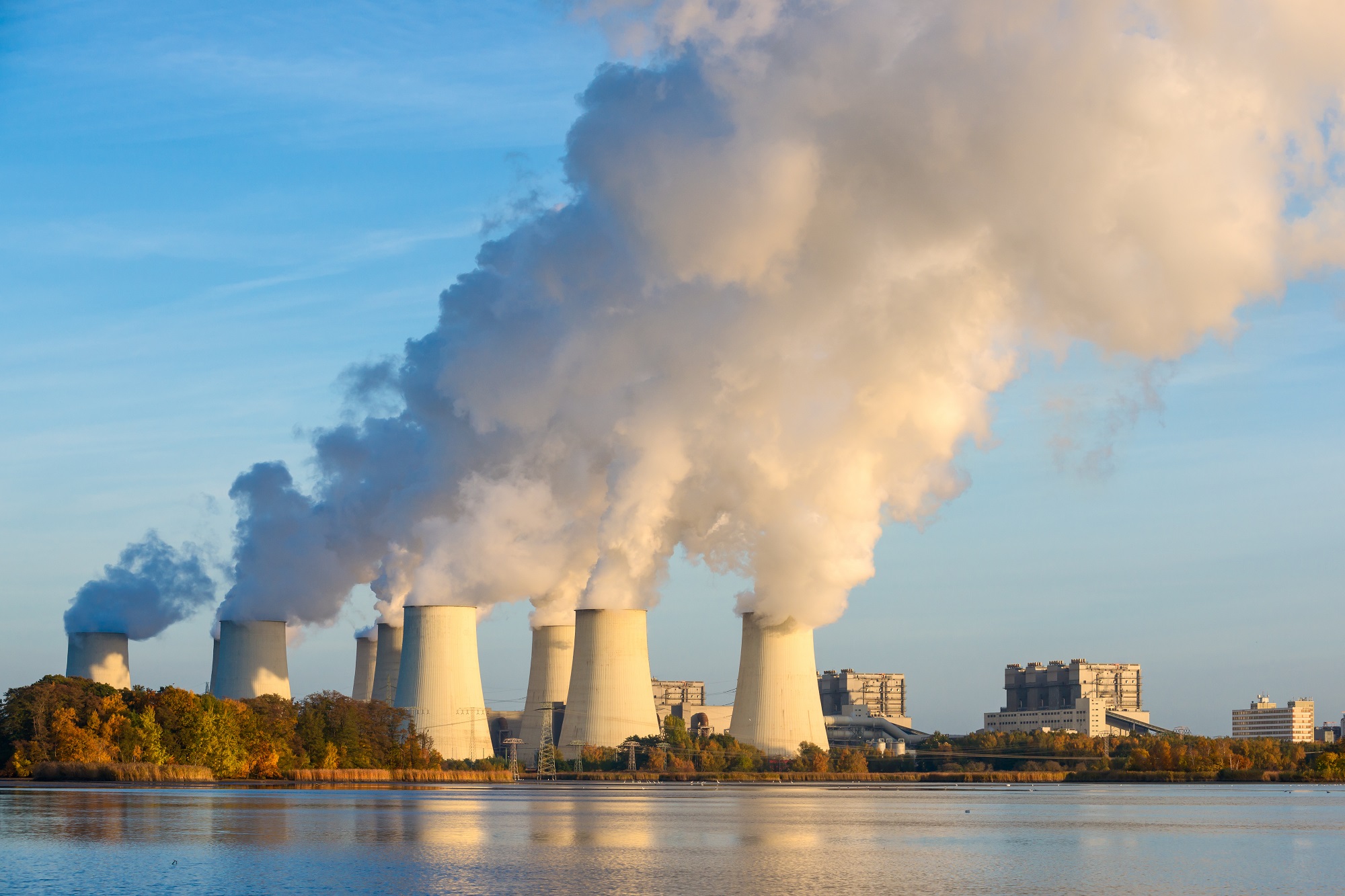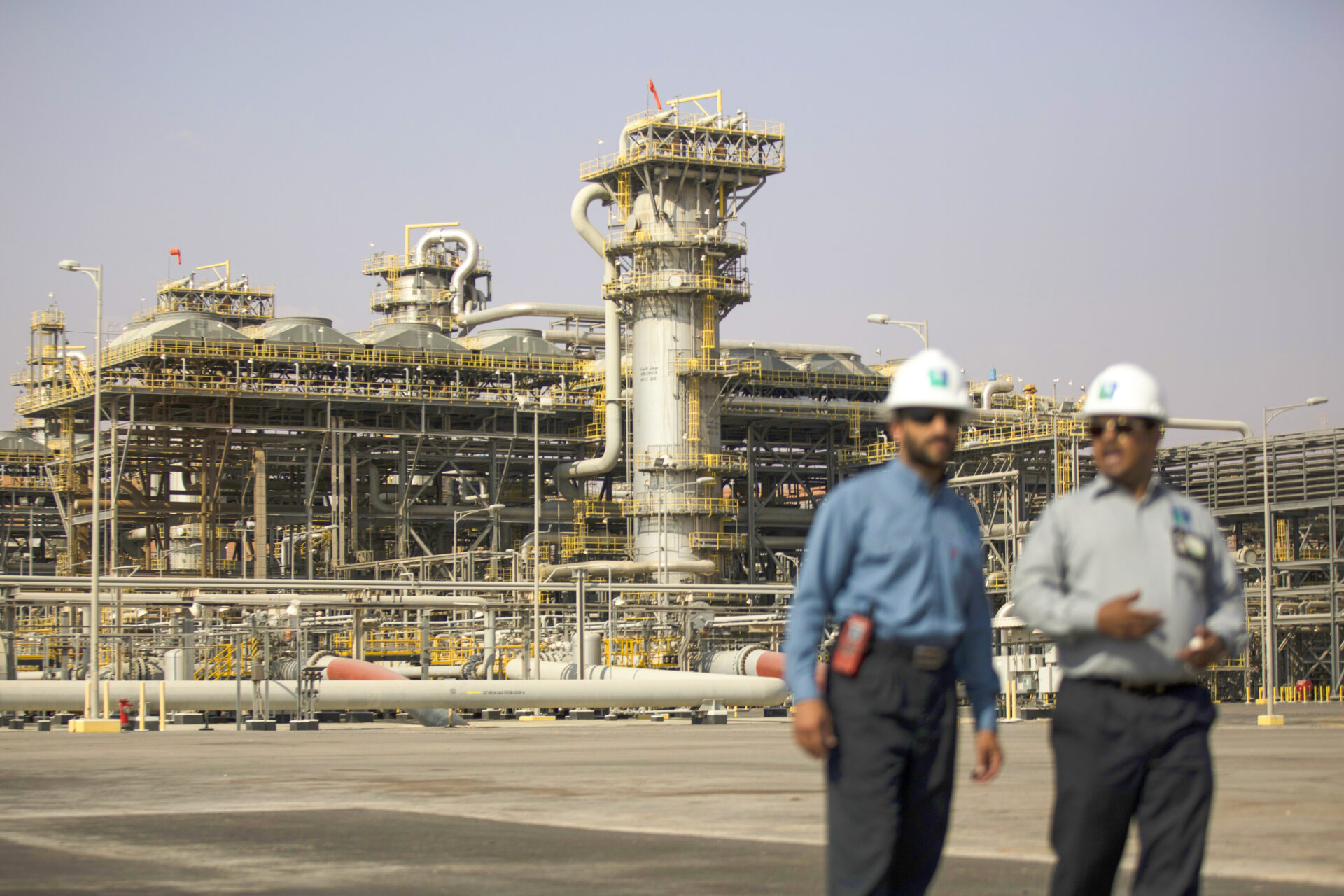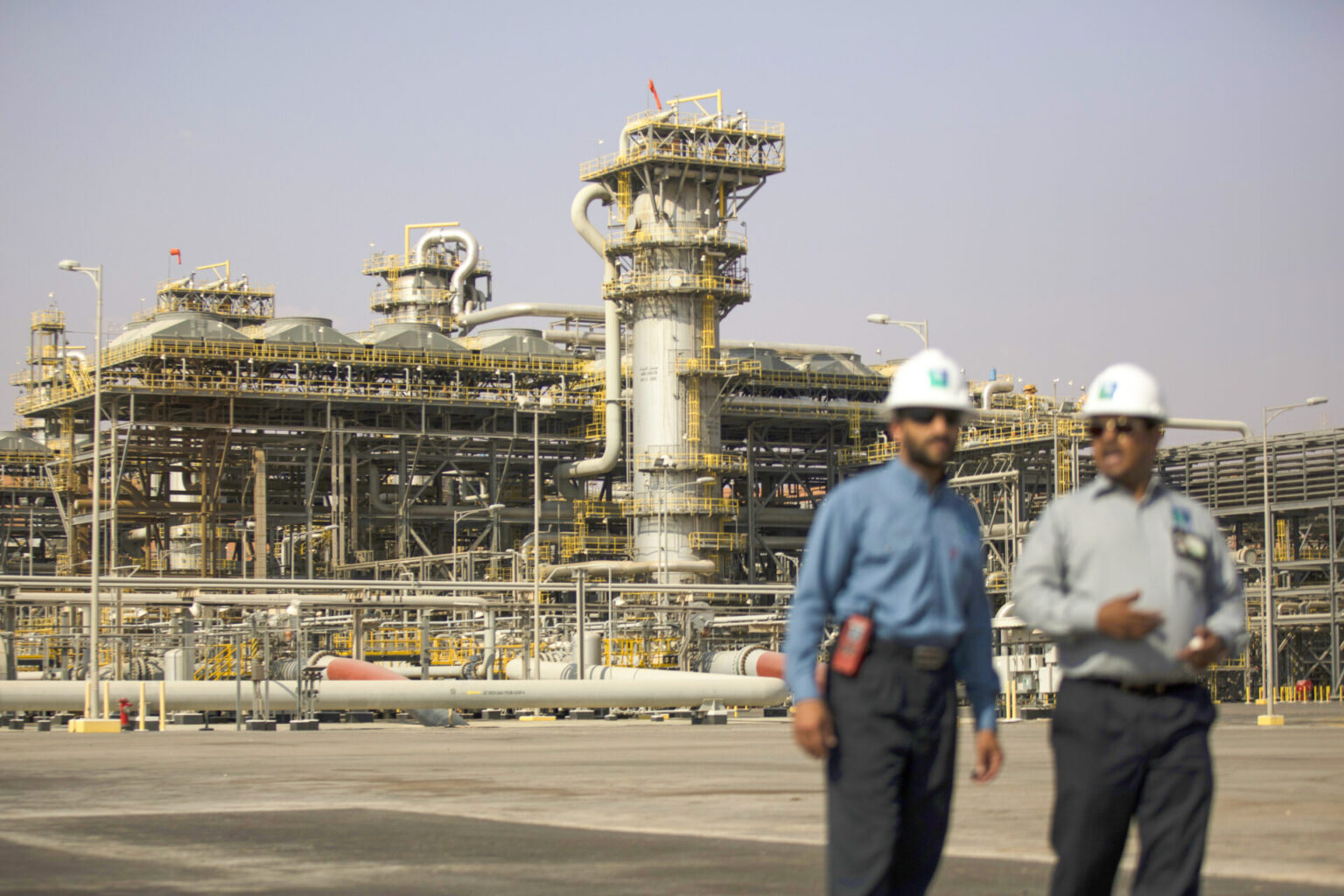

Primary Program

About
Mohammad Aldubyan is a Fellow in the Climate and Sustainability Program at KAPSARC, specializing in energy efficiency, energy demand, and energy modeling. He leads the Residential Energy Model project, which simulates energy demand in Saudi Arabia’s housing sector and evaluates the impact of energy efficiency programs. His research supports the development of energy-efficient solutions in residential buildings and broader sustainability initiatives. He holds an M.Sc. in renewable and clean energy from the University of Dayton and an M.Sc. in economics from Purdue University.
Education
2019-07-01 - 2021-05-08
PURDUE UNIVERSITY
Master - Economics
2015-01-01 - 2017-05-06
University of Dayton
Master - Renewable & Clean Energy
2008-01-01 -2013-01-01
Qassim University
Bachelor - Mechanical Engineering
Publications
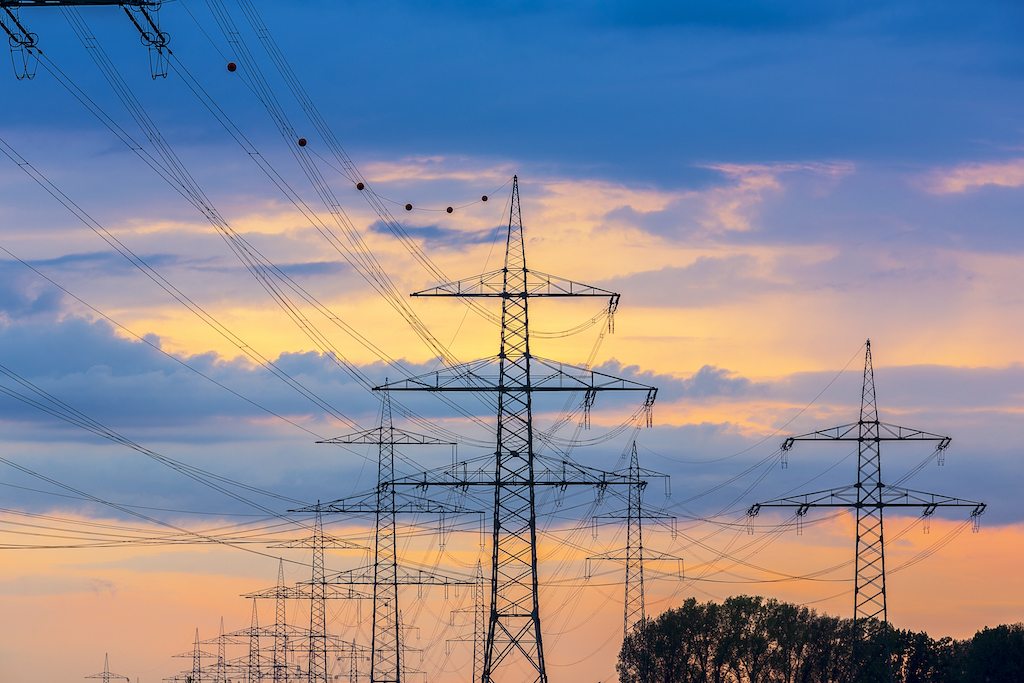
02 October 2025
Energy Efficiency: Measuring Fish by How Well They Climb TreesEnergy efficiency is a crucial component of sustainable development and resource conservation. Policies and actions aimed at improving energy efficiency play a critical role in reducing energy consumption, mitigating environmental impact, and fostering economic growth. However,...

08 April 2025
Ground-Source Air Conditioning: A Potential Solution for Saudi Arabia’s Building SectorEnergy consumption for cooling in Saudi Arabia is notably high due to the country’s extreme climatic conditions, with air conditioning accounting for a significant portion of electricity demand. Addressing this challenge requires innovative solutions that align with Saudi Arabia’s Vi...

23 January 2025
Ratifying the Kigali Amendment Challenges and Opportunities for Saudi ArabiaThe Kigali Amendment to the Montreal Protocol is an international agreement which continues the effort to protect the ozone layer but adds the phase out of hydrofluorocarbons (HFCs), potent greenhouse gases that contribute significantly to global warming. The international efforts on...

12 May 2024
Smart Energy-Saving Technologies and Their Potential Application in Buildings Lessons for Saudi Arabia
The increasing demand for energy in our modern world has led to a critical need to conserve energy resources. The International Renewable Energy Agency (IRENA) predicts that under the 1.5°C scenario, electricity will be the primary energy carrier in the future, with a threefold incre...
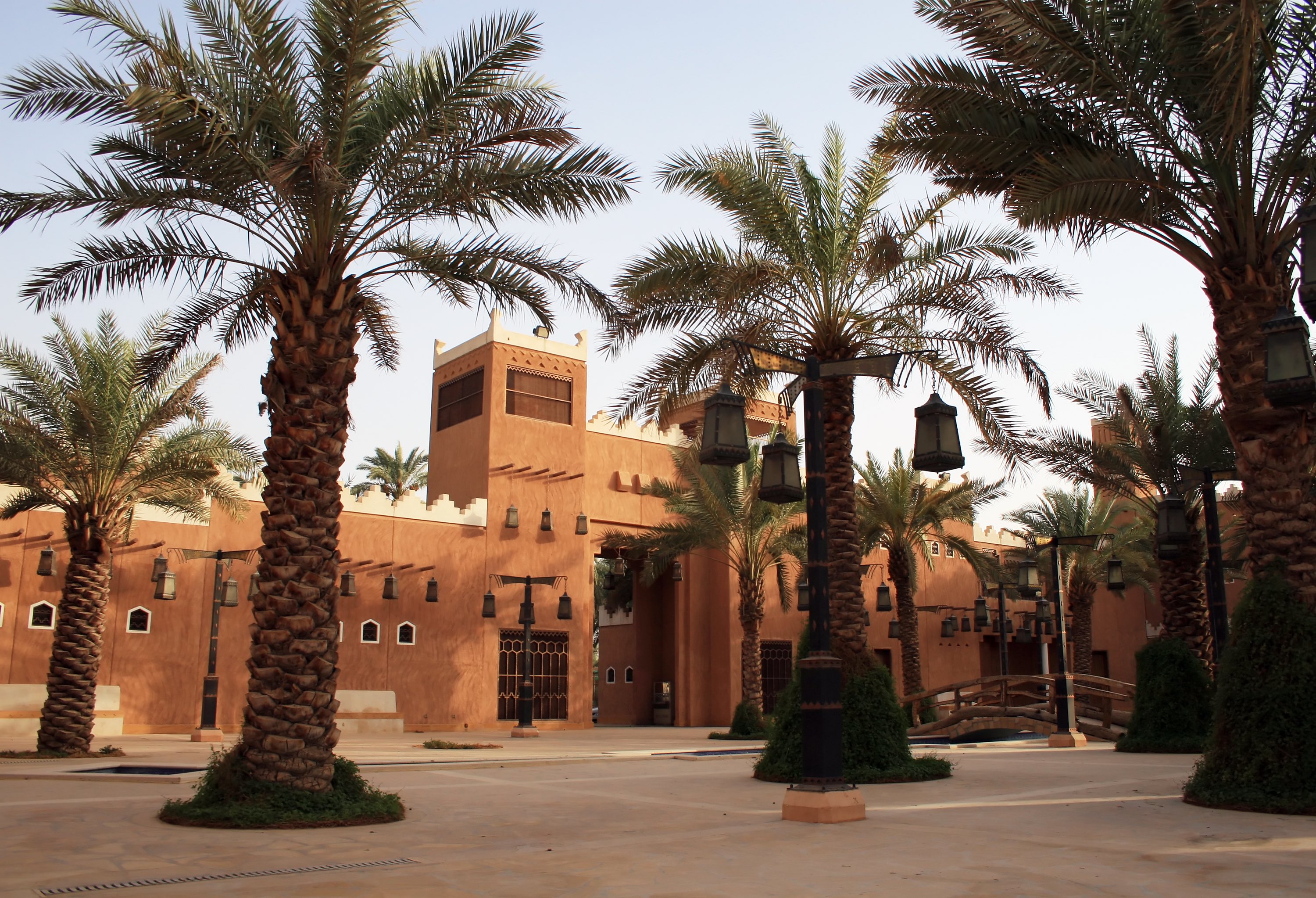
08 May 2023
The Rebound Effect in Residential Energy Demand: The Case of Saudi Arabia
Although the rebound effect phenomenon h...th-century economist Stanley Jevons (Jevons, 1865). Jevons, in his book The Coal Question (1865), postulated that energy consumption would increase with increasing industrial efficiency as individuals produce and consume more goods.

08 February 2022
The Role of Building Energy Efficiency in Shaping the Energy Transition in Saudi Arabia: Key challenges and initiativesThis commentary discusses a crucial topic that has emerged in the policy and economic literature in recent years: the potential role of energy efficiency in the current energy transition. It provides a straightforward analysis of the prominent role that residential energy efficiency ...

05 October 2021
Building Back Better in Saudi Arabia With Energy EfficiencyThe first priority for governments in managing the COVID-19 crisis is the health of their citizens. However, the implementation of restrictions on activity necessary for limiting the spread of the disease has caused the greatest global recession since the Great Depression. Many gover...

26 August 2020
What Happened to Residential Electricity Consumption in Saudi Arabia Between 2015 and 2018?Between 2007 and 2018, residential electricity consumption in Saudi Arabia increased by 45%, from around 89 terawatthours (TWh) to 130 TWh (SAMA 2019). Population and gross domestic product (GDP) are two key factors that influence residential electricity consumption.

17 December 2019
The Impact of High Temperatures on Battery Performance in Solar-PV Systems With StorageThe World Bank estimates that nearly 1 billion people globally have no grid electricity access. Diesel generators are the default source of energy for locations lacking access to the grid. The falling costs of solar photovoltaic (PV) generation and battery storage systems will enable...



